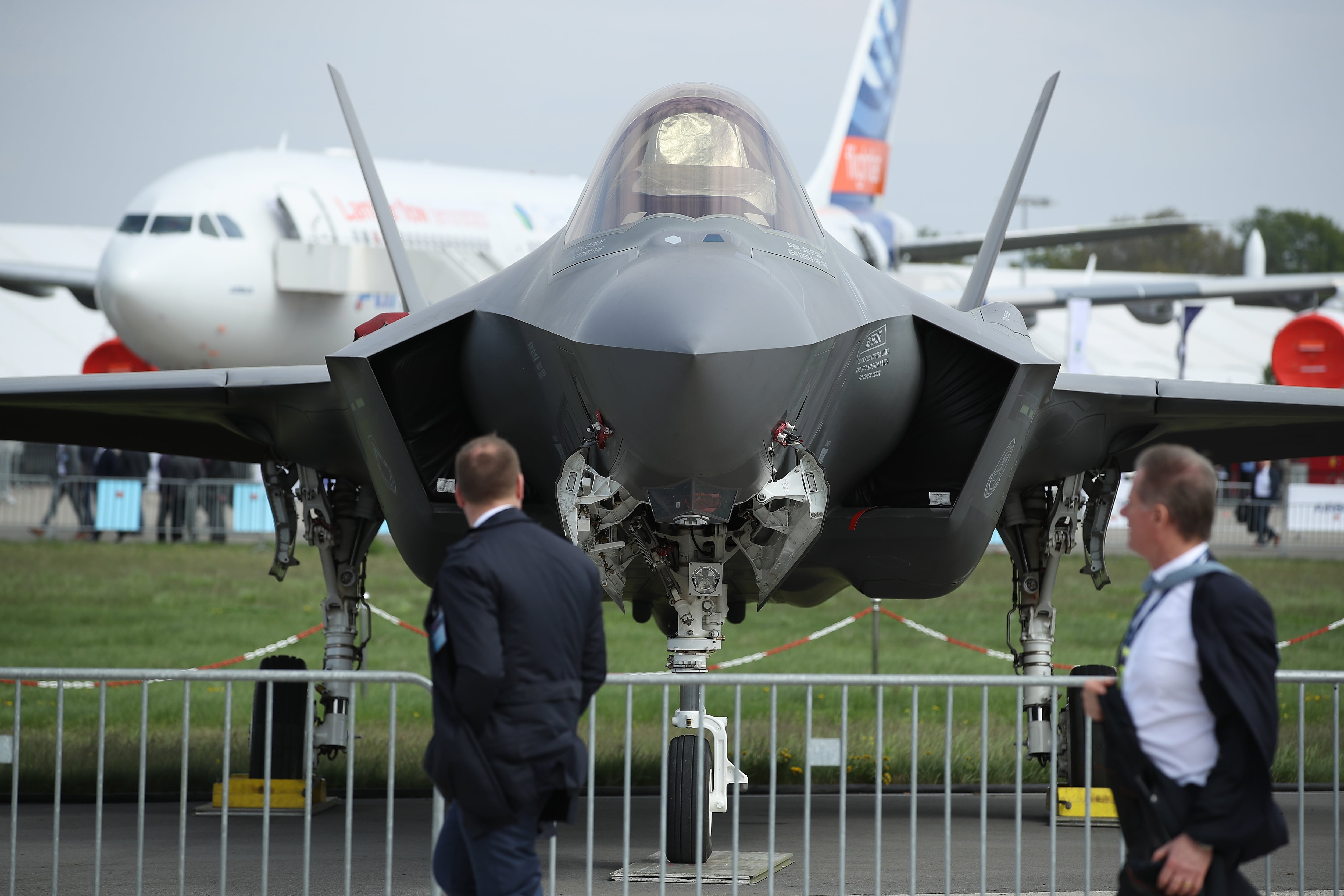WASHINGTON — In December, Defense News hosted a roundtable of venture capitalists, startups and Pentagon officials to discuss the challenges surrounding defense-focused companies getting funding from either the department or the VC community.
One theme that emerged: that those involved in defense-focused startups believe they are on the cusp of a time that will either make or break the Department of Defense’s chances of working closely with the tech sector for years to come.
In the words of Mike Madsen, director of strategic engagement at the Pentagon’s commercial tech hub, Defense Innovation Unit: "We’re at a significant inflection point right now that will be visible through the lens of history.”
Or as Katherine Boyle, with VC firm General Catalyst, said, “None of us would be here if we weren’t optimistic… I actually think this is an incredible time to be investing in deep tech, particularly deep-tech companies that are selling to the Department of Defense. Because if it doesn’t happen now, it never will.”
Click here for more coverage of the COVID-19 coronavirus pandemic.
Just three months later, those involved are maintaining that optimism in the wake of the COVID-19 coronavirus pandemic which has sent the global economy into a tailspin.
Speaking to reporters on March 25, Ellen Lord, undersecretary of defense for acquisition and sustainment, acknowledged concerns about “uncertainty, especially with small businesses, as to whether their contracts will continue.” Lord indicated some concern that companies may have trouble receiving funds and turn towards other nations, particularly China.
A day later, DIU posted a notice on its website stressing that is remains open for business and contract awards are expected to keep flowing.
“DIU is not slowing down, we are accelerating,” Tom Foldesi, DIU’s commercial engagement director, told Defense News in a statement. “All of our programs are fully funded and continue to execute on schedule. The stability that government can provide in times of crisis is a bright spot for many companies. DIU will continue to execute all of our initiatives aggressively.”
While DoD funds may continue to move, VC funding is the lifeblood for many of the technology firms that the Pentagon is interested in. Given the sharp economic downturn of the past two weeks, will VC firms still look to invest in companies whose payout from the Pentagon may take significantly longer than the normal turnaround sought by venture capital?
RELATED

Byron Callan of Capital Alpha Partners described the pace of recovery as a gradual curve, particularly if the length of the fallout continues into next year: “If this does not snap back in 2020, or maybe 2021, it looks like a u-shape, not a V,” he said, which could mean a slowdown in R&D funding for innovation. “If that spigot dries up… how will that play through for companies that rely on venture?”
Trae Stephens, a partner in the Founders Fund and a co-founder of Anduril Technologies, said it is “really hard to predict the direction that things will go with venture-backed companies doing business with the DoD given the number of variables at play.”
On the one hand, he said, the government is a stable source of revenue during a recession, and hence could draw interest from companies looking for money. And in theory during a recession, the government should be seeking more efficient ways of “doing traditionally super expensive things. Logically, austerity should incentivize more cost-effective decision-making — buying things ‘off-the-shelf,’ so to speak,” he said.
But “in practice, what typically happens is a ‘wagon-circling’ exercise around existing players,” Stephen continued. “Decision-makers rally to ensure that there are no program failures. Specifically related to the DoD, there will be an interest in making sure that none of the big stakeholders go under, which will lead to bailouts — I’d guess not exclusively to Boeing — and a furthering of the ‘wagon-circling’ exercise.”
Overall, “My intuition is that this is unlikely to be good for the venture-backed tech ecosystem,” he said.
Boyle, for her part, thinks the natural timeline of a VC strategy means there won’t be a lot of funders who deviate dramatically from their plans already in motion.
RELATED

“This is unprecedented. Everyone is in the point where no one knows what the future holds. The thing about VCs, though, is that you’re expecting to work with companies for ten years,” she said this week. “It’s to be expected there will be downturns, things outside the control of the investors over that time frame. That long-term investor mindset pays off for deep tech companies, particularly companies that are working with the government.”
She also sees benefit for those firms doing business with the government, noting that in times of a recession the government “broadly does pay its bills and can be a reliable customer.”
“The investors who were excited about working with the department, I can’t imagine the level of excitement has waned in this time. The mission that many of us were focused on before is still there, so there is still a lot of opportunity in defense,” Boyle said.
Reminded of her comment that the defense tech sector may be at an inflection point, Boyle said she doesn’t see a risk that the COVID-19 downturn will cause either side to back away from interest in working together.
“What’s really interesting about this moment in time — there is both a tech shift and a government shift that we’re seeing in terms of the DoD’s view of working with startups and emerging tech companies,” Boyle said. “So I think that will continue. I don’t see how it can’t continue or how this will greatly impact the long-term view these technologies are essential.”
Jill Aitoro contributed to this report.
Aaron Mehta was deputy editor and senior Pentagon correspondent for Defense News, covering policy, strategy and acquisition at the highest levels of the Defense Department and its international partners.






